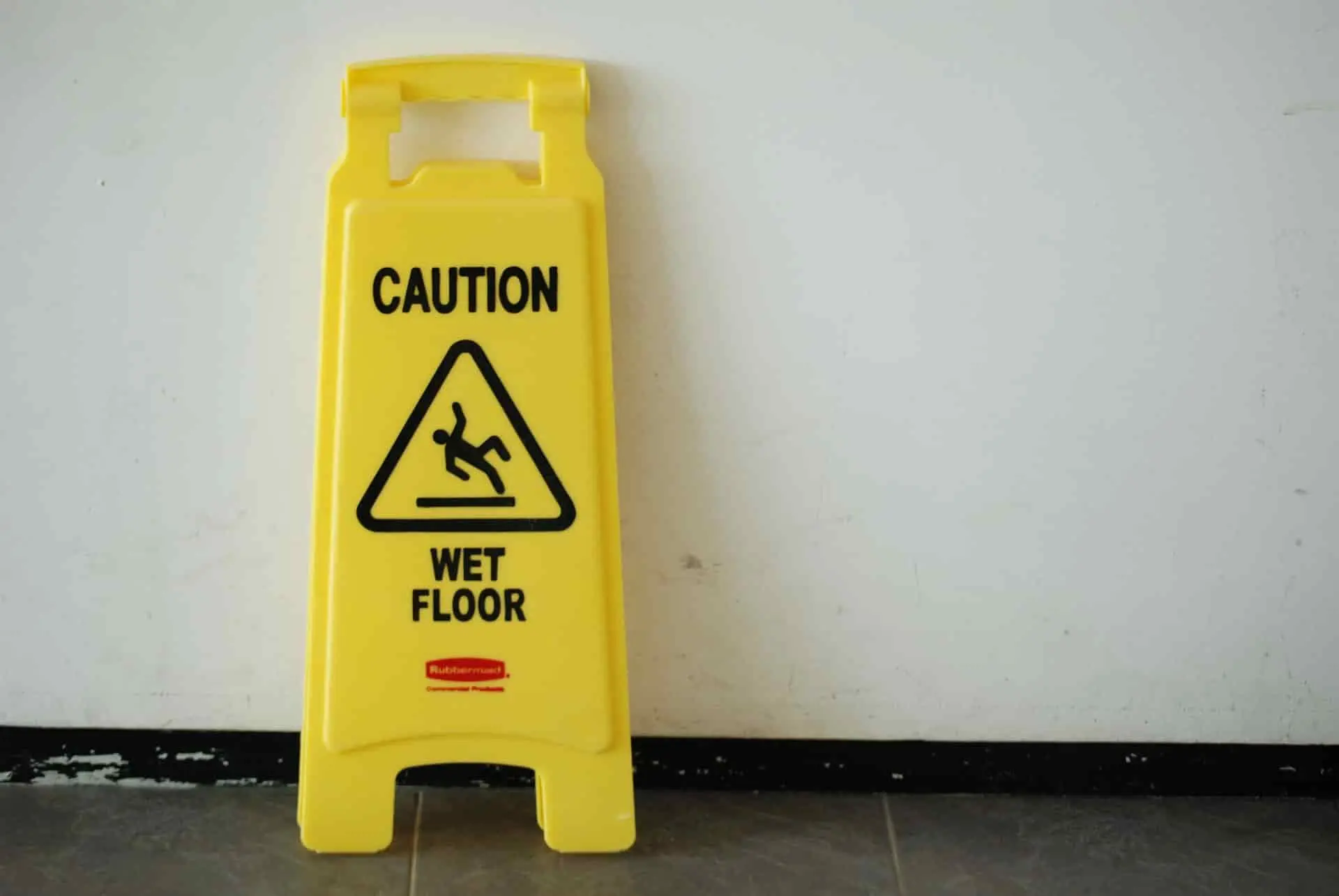Understanding Florida’s Premises Liability Laws: When Property Owners are Responsible

In the realm of personal injury law, premises liability stands as a significant pillar. It delineates the legal responsibilities of property owners when it comes to ensuring the safety of individuals on their premises. Understanding Florida’s specific approach to premises liability is crucial, shedding light on the rights and responsibilities of both property owners and visitors.
Florida’s premises liability laws encompass a broad spectrum, outlining the duties of property owners in maintaining a safe environment for those who are lawfully present on their property. This legal concept is grounded in the idea that property owners have a duty to maintain their premises in a reasonably safe condition and to warn visitors of any known hazards that could cause harm.
When exploring premises liability in Florida, it’s important to consider the different categories of visitors. The law generally classifies visitors into three categories: invitees, licensees, and trespassers.
- Invitees: These are individuals who are invited onto the property for the benefit of the property owner, such as customers in a store. Property owners owe the highest duty of care to invitees and are required to maintain the property in a safe condition and remedy any known hazards.
- Licensees: These individuals have permission to be on the property, but not necessarily for the benefit of the property owner. An example might be social guests. Property owners have a duty to warn licensees of known dangers that may not be immediately obvious.
- Trespassers: These individuals enter the property without permission. In general, property owners owe a minimal duty of care to trespassers. However, if the property owner is aware of frequent trespassing or potential dangers on their property, there might be an obligation to warn or protect trespassers from harm.
Understanding when a property owner can be held liable for injuries sustained on their premises is a multifaceted process. It involves a careful assessment of various factors, including the condition of the property, the foreseeability of hazards, and the actions or inaction of the property owner in maintaining a safe environment.
If a property owner fails to meet their duty of care and someone is injured as a result, they might be held liable for damages. This could include medical expenses, lost wages, pain and suffering, and other losses incurred due to the injury.
However, it’s crucial to note that not all accidents on someone else’s property automatically make the property owner liable. Demonstrating negligence or failure in meeting the duty of care is essential to establish liability in a premises liability case.
Property owners are not insurers of a visitor’s safety, but they are responsible for maintaining a reasonably safe environment and taking necessary precautions to prevent foreseeable harm. Visitors, on the other hand, have a responsibility to exercise reasonable care for their own safety while on someone else’s property.
Conclusion
Navigating the complexities of premises liability laws in Florida requires a nuanced understanding of legal obligations and responsibilities on both sides. Seeking legal counsel and guidance in the event of an injury on someone else’s property is often crucial in determining potential liability and seeking appropriate compensation for damages.
Ultimately, understanding Florida’s premises liability laws empowers both property owners and visitors, fostering a safer environment and a better understanding of legal rights and obligations in cases of accidents or injuries on someone else’s property.
